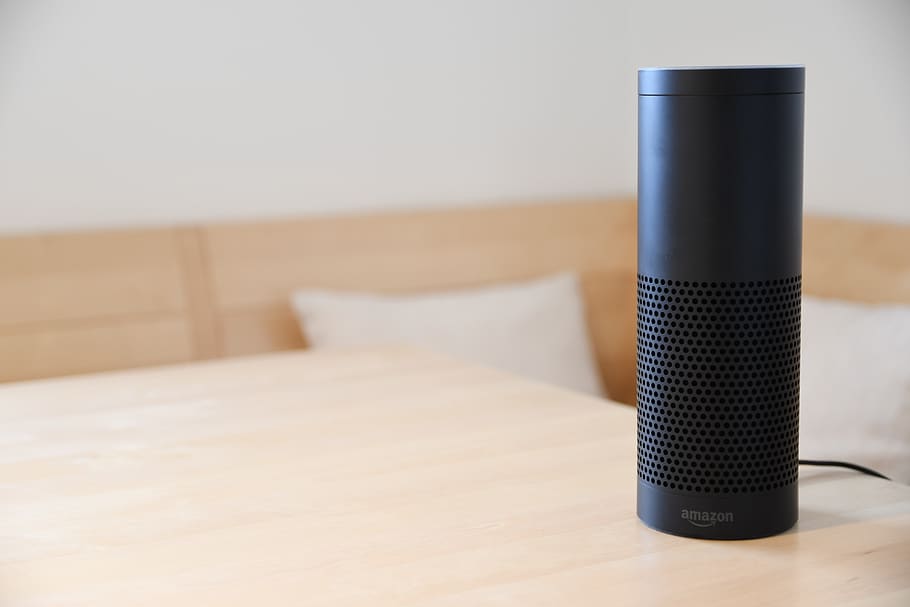How accurate were Bill Gates’ predictions for the future in 1999?

Table Of Content
- “Small devices” that allow people to “constantly stay in touch”
- “Automated price comparison” portals will help find the best value for goods and services
- “Smart personal companions will be developed”
- “Devices will have smart advertising” enabled
- Project managers “will be able to go online” and find remote workers to “fit their requirements”
Bill Gates has long been considered the richest person on the planet. For over two decades, the Microsoft co-founder held that title until the fall of 2017 when Amazon founder Jeff Bezos eventually overtook him with an estimated net worth of $90.6 billion. Those figures don’t even bear thinking about, but Gates remains a fascinating individual; a man who has his fingers firmly on the pulse of technological change in the 21st century.
On the eve of the new millennium, Gates, who was still chairman and CEO of Microsoft at this point, made a series of ambitious predictions for technological advancements in the years to come. His book titled “Business @ the Speed of Thought” contained over a dozen forecasts – many of which appeared outlandish at the time. Little did we know that Gates would hit the nail firmly on the head with so many of them. Let’s take a look at some of his most bold tech predictions amid the dotcom bubble that have since gone on to enhance our everyday lives.
“Small devices” that allow people to “constantly stay in touch”
Bill Gates could foresee a world in which consumers would “carry around small devices” that would allow them to “check the news”, book flights, chat to friends and carry out all forms of “electronic business”. It’s fair to say that this prediction came to light in a big way. It’s not just smartphones and tablets, we’ve got all other forms of wearable tech today including smartwatches and speakers, as well as smart headsets like Microsoft’s HoloLens that solve real-world problems using intelligent apps and data.
“Automated price comparison” portals will help find the best value for goods and services
Within his book, Gates insisted there would be demand for “automated price comparison services”. Gates said the technology would exist to enable comparison portals to pull through available prices for goods and services across multiplier brands and service providers, allowing consumers to find “the cheapest product for all industries”. Let’s face it, Gates really hit the nail on the head with this one. There are comparison portals out there for almost anything these days. Whether it’s changing your broadband provider, car insurance policy, smartphone plan or even find the latest deals in the lead up to the Grand National for sports bettors.
“Smart personal companions will be developed”

Gates hit the nail well and truly on the head in terms of personal assistants and the rise of the so-called ‘Internet of Things’ (IoT). He was positive that “personal companions” would be par for the course. He was also spot on about the ability to synchronize and hook-up smart devices and companions together, allowing them to “exchange data”. Voice assistants like Amazon Alexa and Google Assistant have been game-changers in this field. Meanwhile smart devices elsewhere in the home have had revolutionary impacts on everything from home security to temperature control.
“Devices will have smart advertising” enabled
Gates also intimated that brands and online advertisers would be able to understand the “purchasing trends” of their customers. He predicted that companies would be able to strategically “display advertisements” based on an individual’s preferences and previous buying history. Today, the effectiveness and sustainability of the online advertising sector depends heavily on accessing a user’s buying and search history. Retargeting ads are online advertising campaigns that provide a timely reminder to users that have previously visited a brand’s goods or services.
Project managers “will be able to go online” and find remote workers to “fit their requirements”
The future of remote working and the gig economy for freelancers and contractors was also predicted by Gates. He believed a time would come when project managers could “put a team together” online. Freelance portals like PeoplePerHour, Fiverr and Gigster have helped connect businesses and entrepreneurs to the freelance talent they need to get the job done properly. Furthermore, the advancements in enterprise-grade workflow software like Slack, Trello and Asana have radically overhauled the efficiency of working as a team – even if there are hundreds or thousands of miles between them.
Is Gates something of a modern-day Nostradamus or was he privy to many of the technologies that were being developed behind the scenes and prepared to come on-stream? Either way, it’s easy to see how much technology has changed everyday life in less than a generation.



